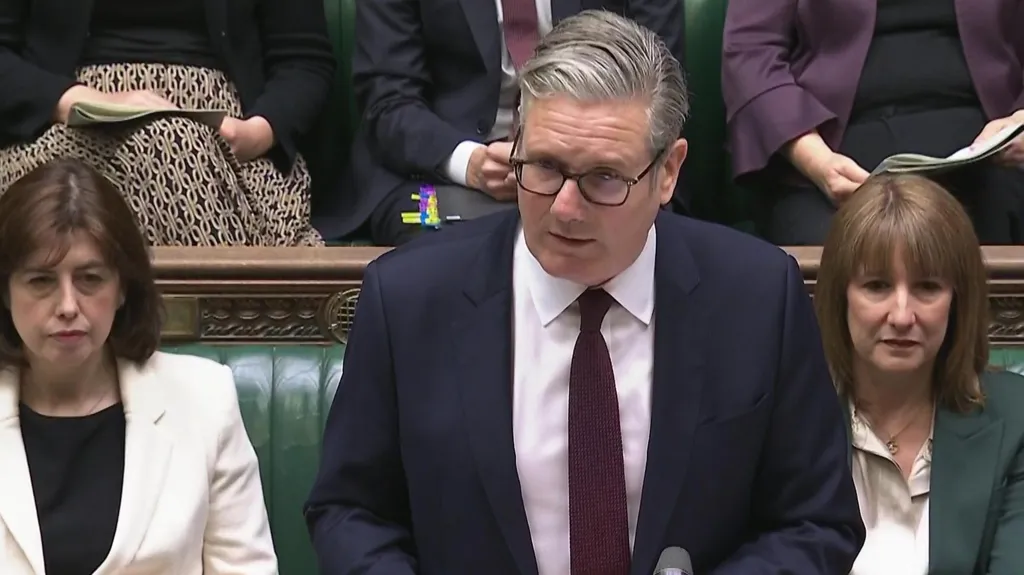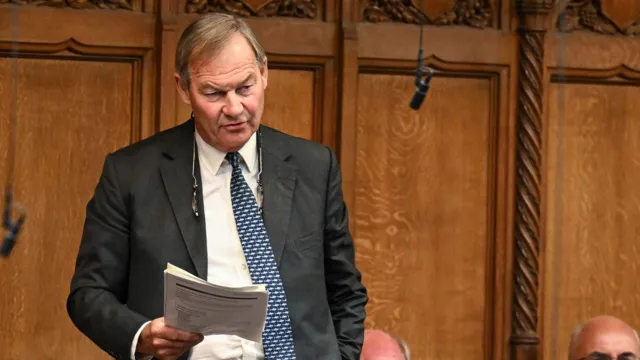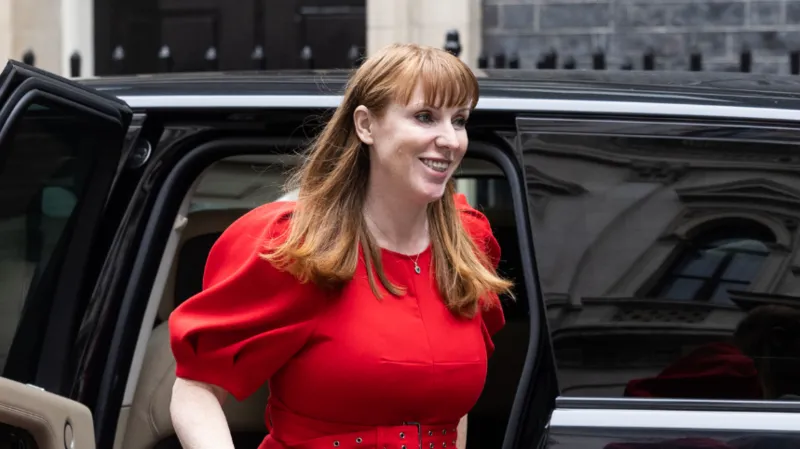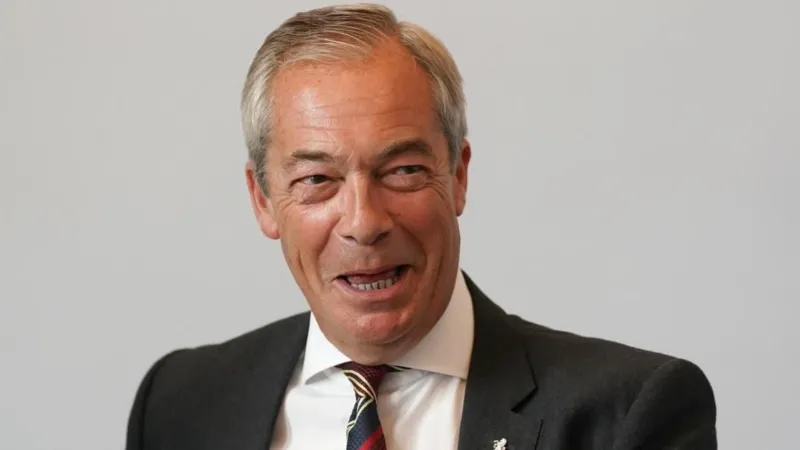Starmer’s Ambiguity on Tax Thresholds Fuels Economic Uncertainty

In a move that has sent ripples through the political and economic landscape, Sir Keir Starmer, the leader of the Labour Party, has conspicuously avoided committing to an end date for the freeze on tax thresholds. This stance, articulated during a recent Prime Minister’s Questions, leaves millions of taxpayers in a state of uncertainty as the government’s fiscal policies continue to evolve under pressure. The current freeze, a measure initially implemented by the Conservative government, is slated to expire in April 2028, but Starmer’s hedging suggests a potential continuation, a prospect that could further strain household finances across the nation.
The backdrop to this fiscal ambiguity is a series of significant government concessions, particularly concerning disability benefits and the winter fuel payments for pensioners. These adjustments, which are expected to result in a shortfall of approximately £5 billion, have intensified scrutiny on the government’s spending plans. Consequently, economists are increasingly predicting the likelihood of tax increases in the upcoming autumn Budget as the administration grapples with balancing its books. The Labour Party’s own fiscal commitments, outlined in their election manifesto, pledge no increases to National Insurance (NI), income tax, or VAT. However, the manifesto conspicuously omits any specific promises regarding the adjustment of tax thresholds, leaving a critical gap in their financial commitments.
Sir Keir Starmer’s response to questioning from Conservative leader Kemi Badenoch, regarding the government’s intention to lift the tax threshold freeze, was notably evasive. He reiterated Labour’s commitment to its manifesto pledges and fiscal rules, stating that “No prime minister or chancellor is going to write a Budget in advance.” This statement, while maintaining adherence to a principle of fiscal prudence, does little to assuage concerns about the potential for a prolonged freeze. The freeze, which began in 2021/22 for income tax, means that individuals may find themselves pushed into higher tax brackets or paying income tax for the first time if they receive even modest pay increases. This “fiscal drag” is a significant source of revenue for the government, with estimates suggesting that extending the freeze until 2029/30 could generate an additional £7 billion annually.
Chancellor Rachel Reeves had previously stated that extending the freeze “would hurt working people” and had pledged to resume annual inflation-linked increases to thresholds from 2028/29. However, Starmer’s recent comments appear to walk back from this explicit commitment, leading to accusations from Badenoch that Labour is “flirting” with further tax increases. The debate has also encompassed the contentious issue of a potential wealth tax, a policy advocated by some within the Labour party. While supporters argue it could raise substantial revenue, critics warn of potential capital flight and a negative impact on investment. Starmer’s response to this, stating that “We can’t just tax our way to growth,” suggests a cautious approach, but one that stops short of a definitive rejection of such measures.
The government’s adherence to its self-imposed fiscal rules, which include balancing day-to-day spending and reducing national debt as a proportion of GDP by 2029/30, significantly constrains its policy options. This adherence, while intended to bolster confidence in financial markets, inevitably increases the probability of tax rises as a means of achieving fiscal consolidation. The political maneuvering surrounding these fiscal decisions highlights the complex challenges facing the government as it seeks to navigate economic headwinds while maintaining public trust and delivering on its promises.



Post Comment